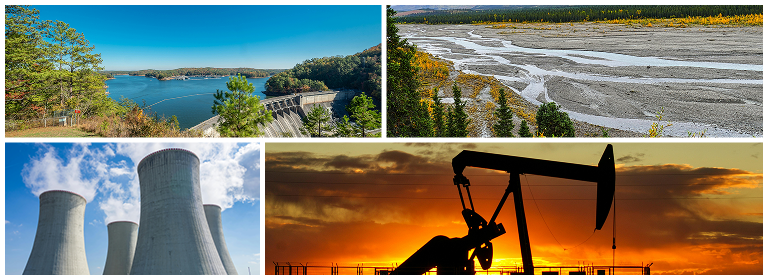The Royalty Resiliency Act, House Resolution 7377, (“the Act”) was signed into law by President Biden on September 20, 2024, and requires the Secretary of the Interior to issue all determinations of allocations of production for units and communitization agreements (“CA”) within 120 days of a request for determination. Sponsored by Rep. Wesley Hunt (R-TX-38) and passed by unanimous consent…


